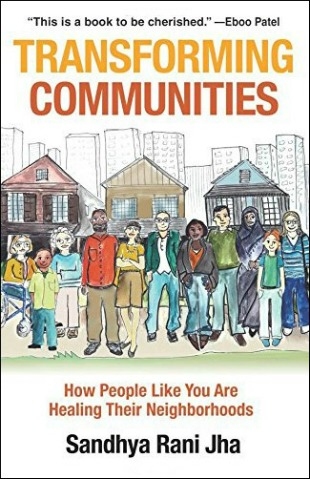"Restorative justice really is being used in schools and neighborhood groups as well as prisons. It can be a powerful way of practicing a different form of justice that honors everyone's humanity or capacity. And it can actually offer more possibility for healing to a victim of a crime than the current system of retributive justice as well as potentially correcting for the racial bias that saturates that system. A great entry point resource on why restorative justice models can be good for schools to adopt, check out the article by the Alliance for Excellent Education, 'Five Things Parents Need to Know About School Discipline,' written by Kristen Loschert, October 11, 2016, All4Ed.org.
"The country of South Africa has an excellent online primer on restorative justice: www.justice.gov.za, search 'restorative justice booklet.'
"The United Nations has an entire e-book that touches on criminal justice and family circles and use with juvenile communities, www.unodc.org, search 'criminal justice ebook'.
"PBS showed a riveting film about people engaged in the work of interrupting violence in Chicago through restorative justice models. The film is called The Interrupters and is a great way to glimpse the process of restorative justice. Interrupters.kartemquin.com
"To find a restorative practices trainer who works with schools or any number of books on creating restorative circles in any number of venues, visit Living Justice Press's website: www.livingjusticepress.org
"If you would like to talk with people inclined to being skeptical about the restorative justice model, the article 'How Restorative Justice Changed This Colorado Cop's Views on Prison' might be a great resource to share, www.yesmagazine.org. "To imagine a restorative justice circle in your community and what it would entail on a small scale, check out this resource from the Student Peace Alliance on peace circles and the restorative justice model, www.studentpeacealliance.org."
